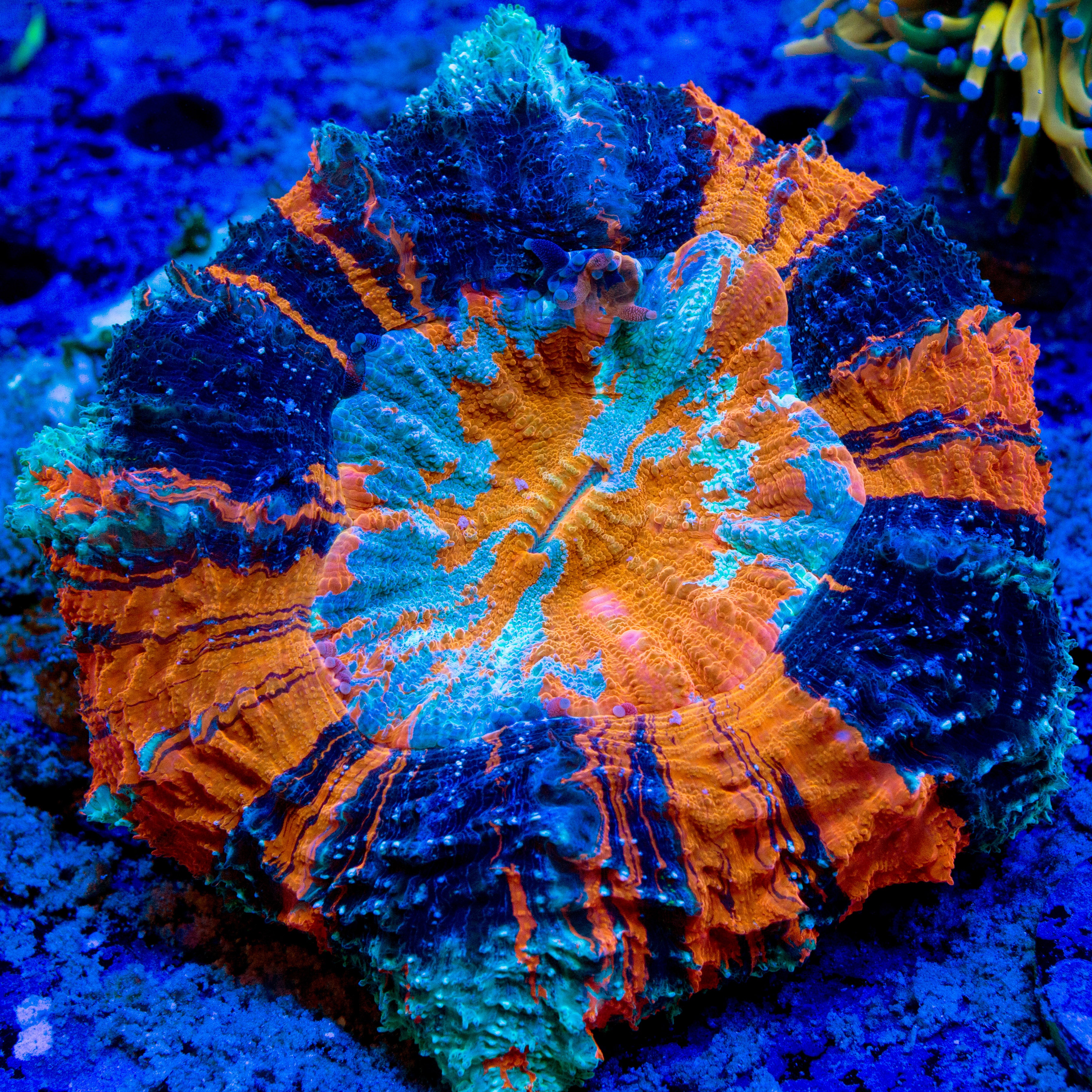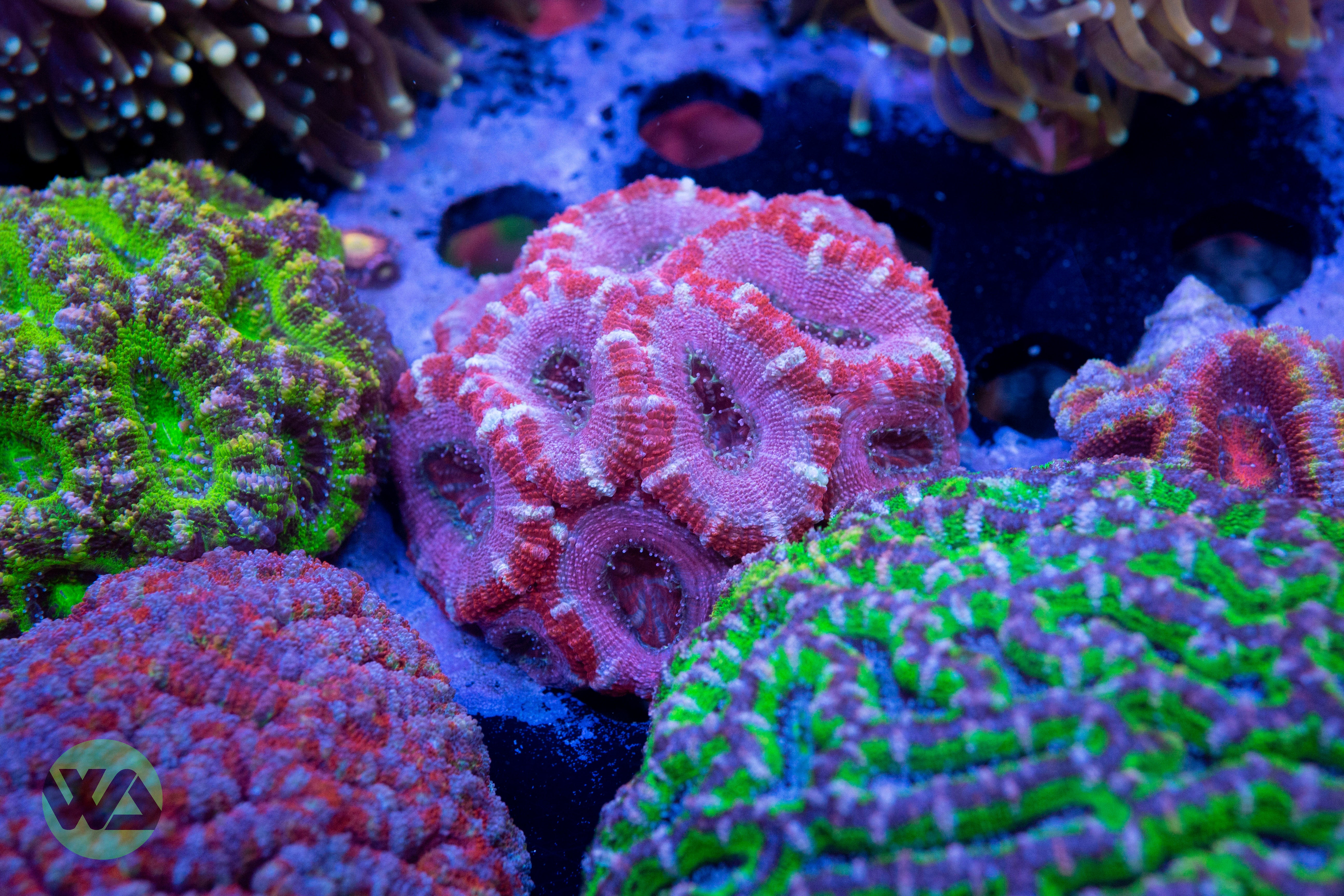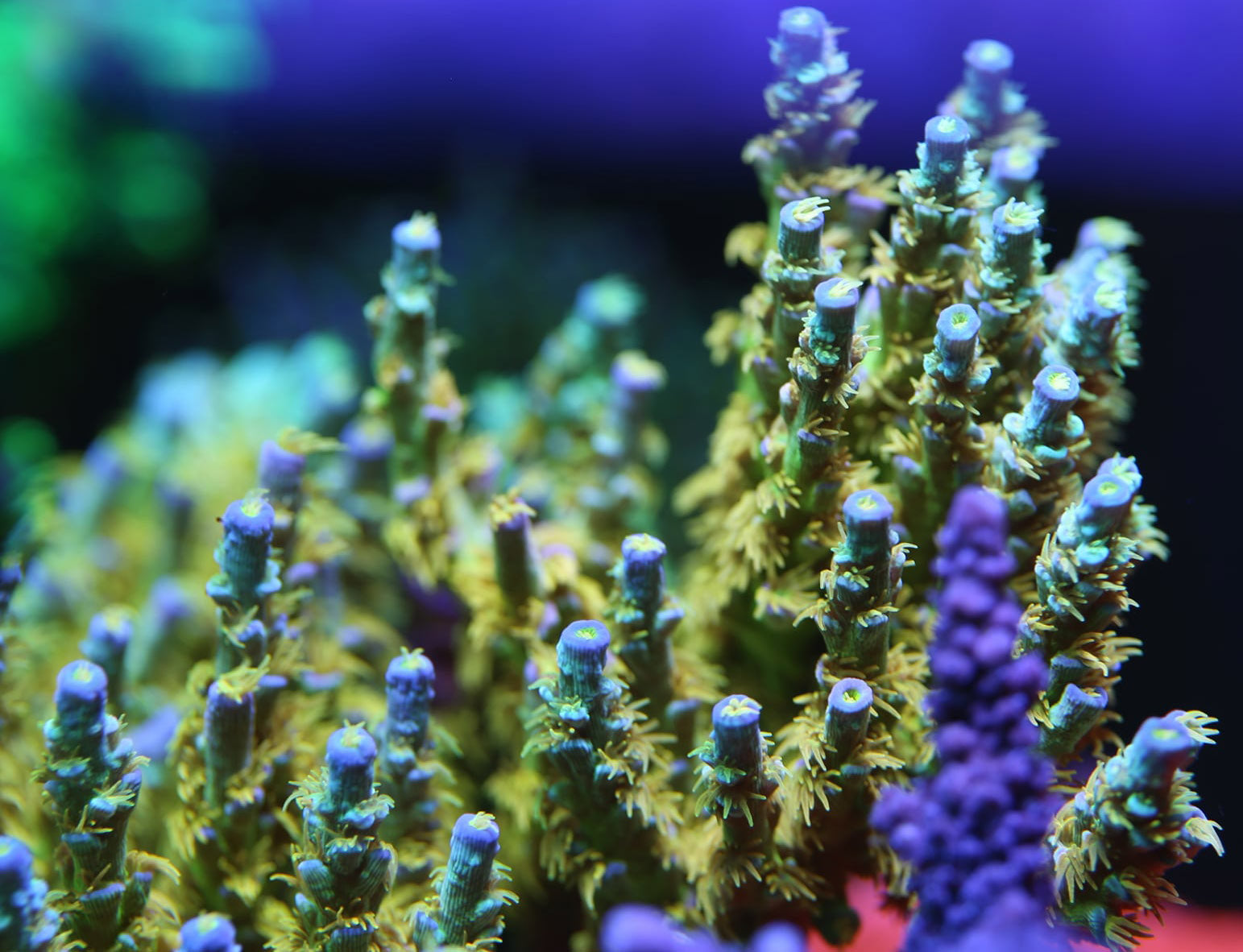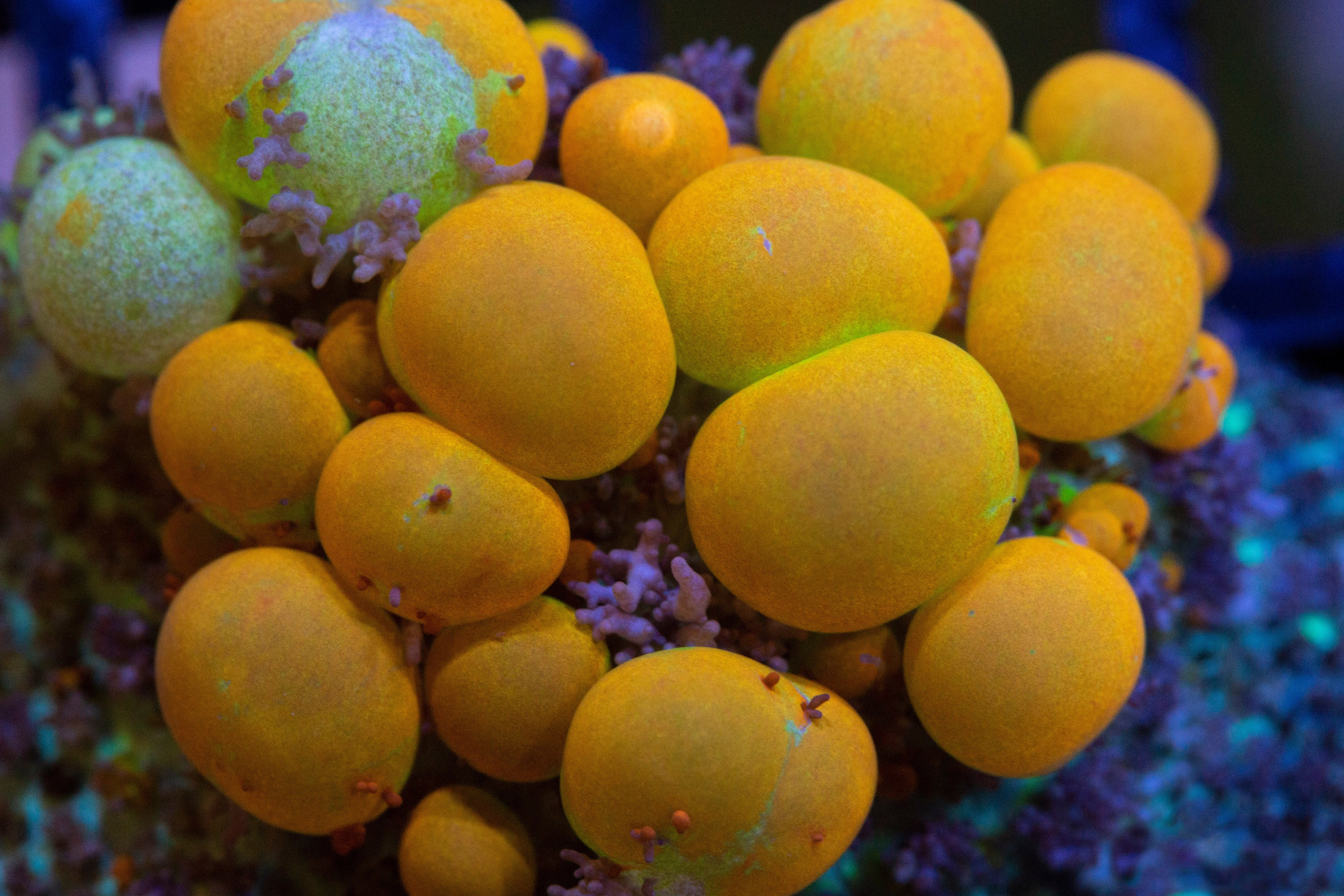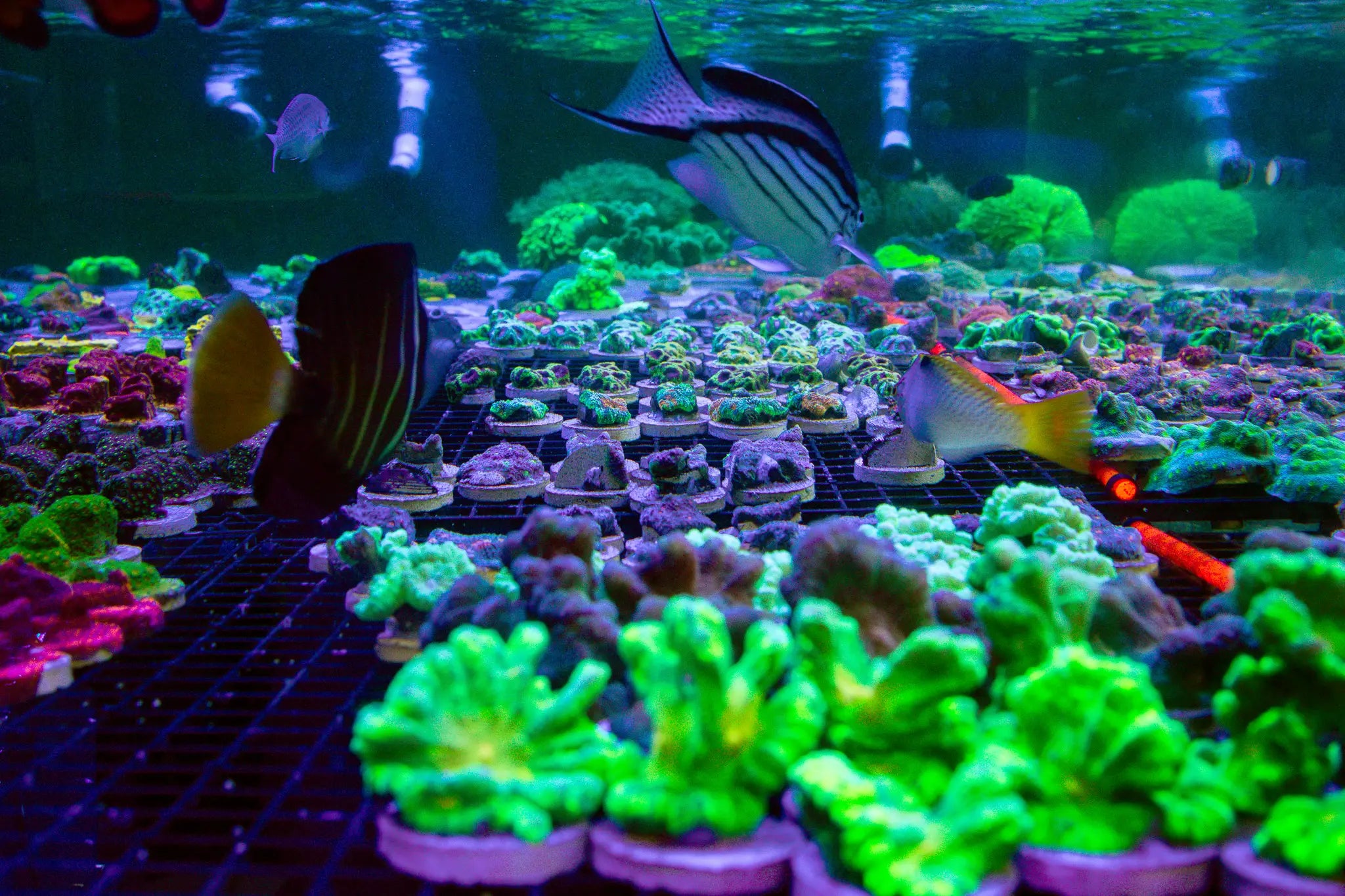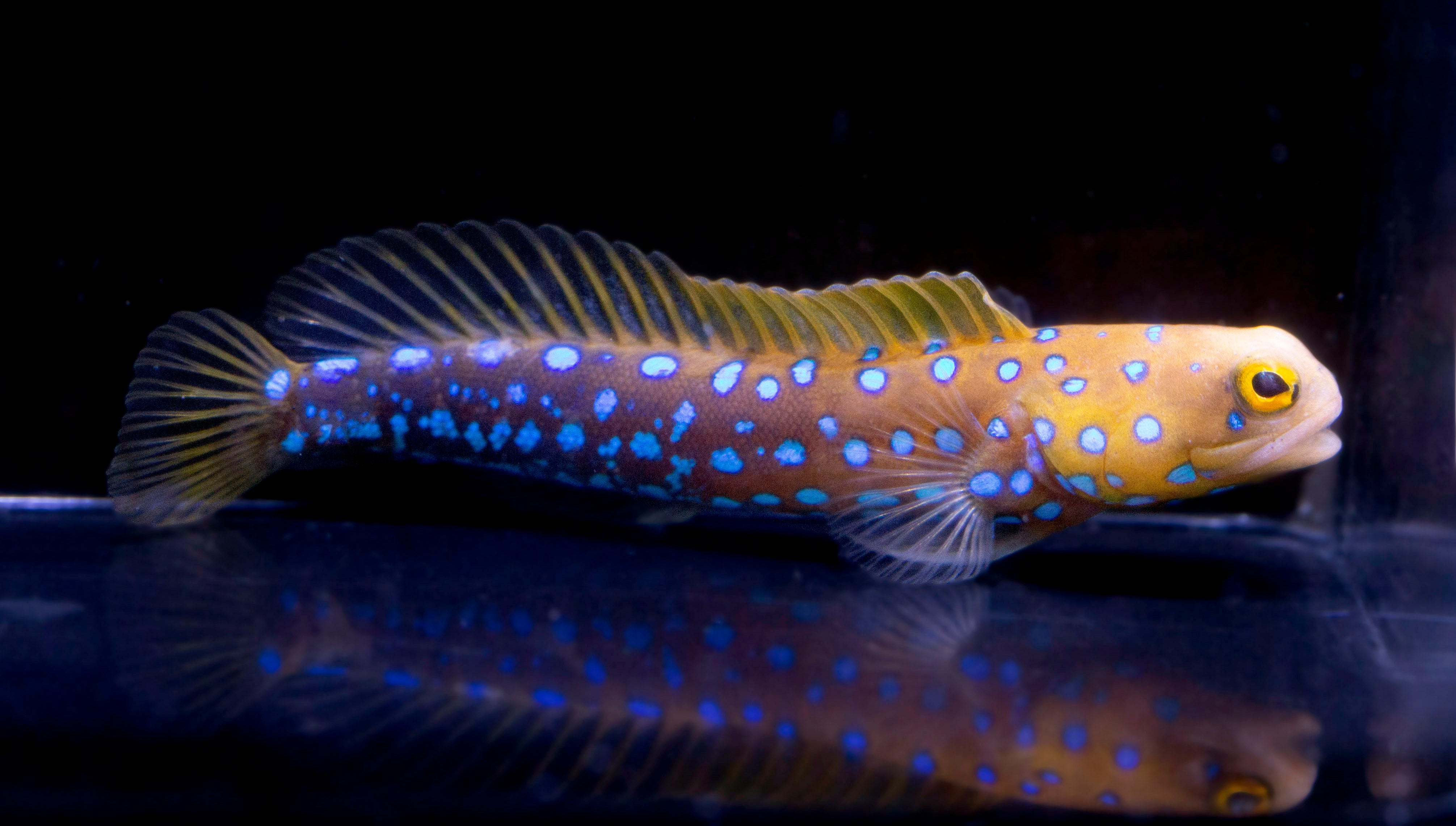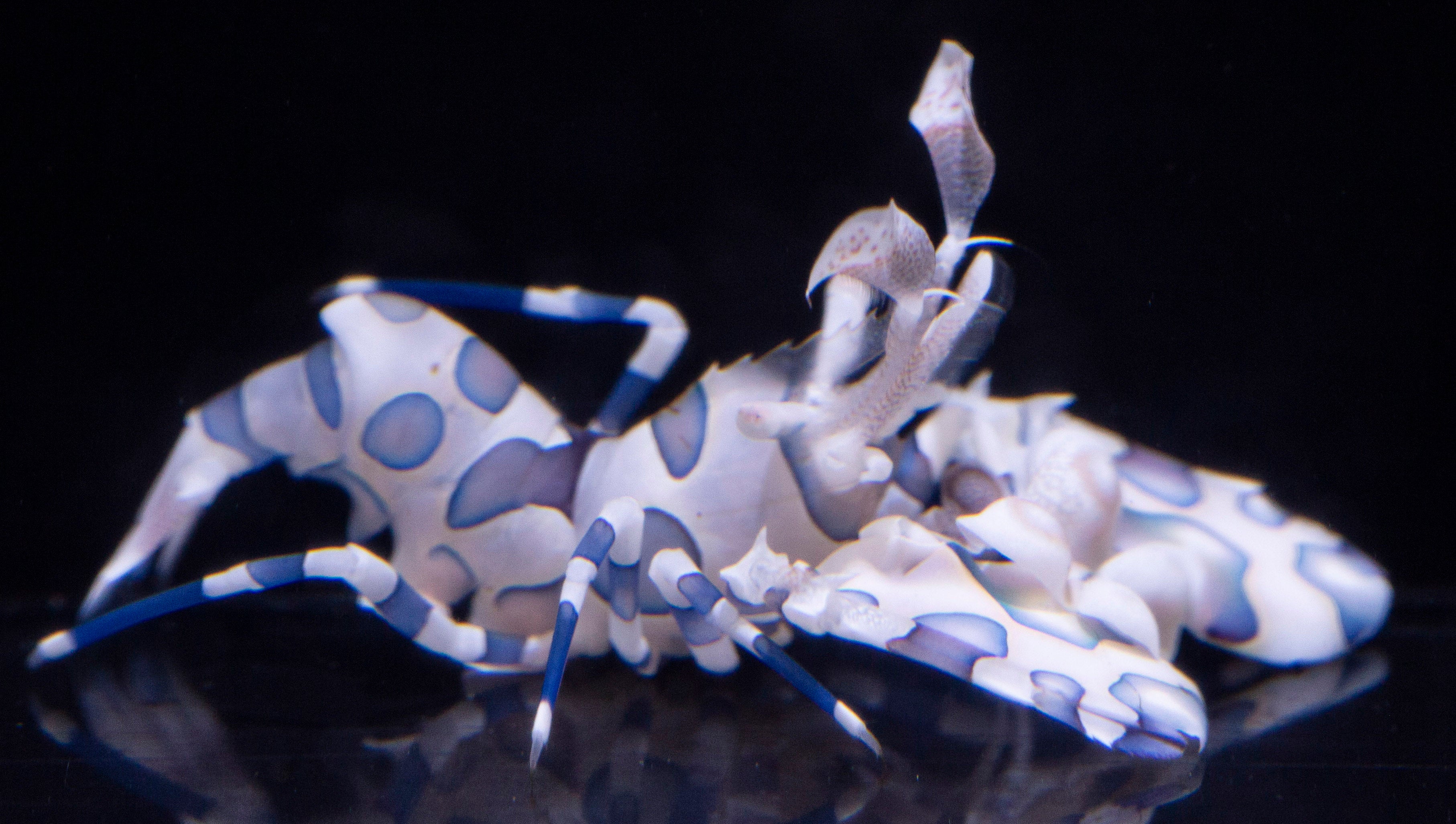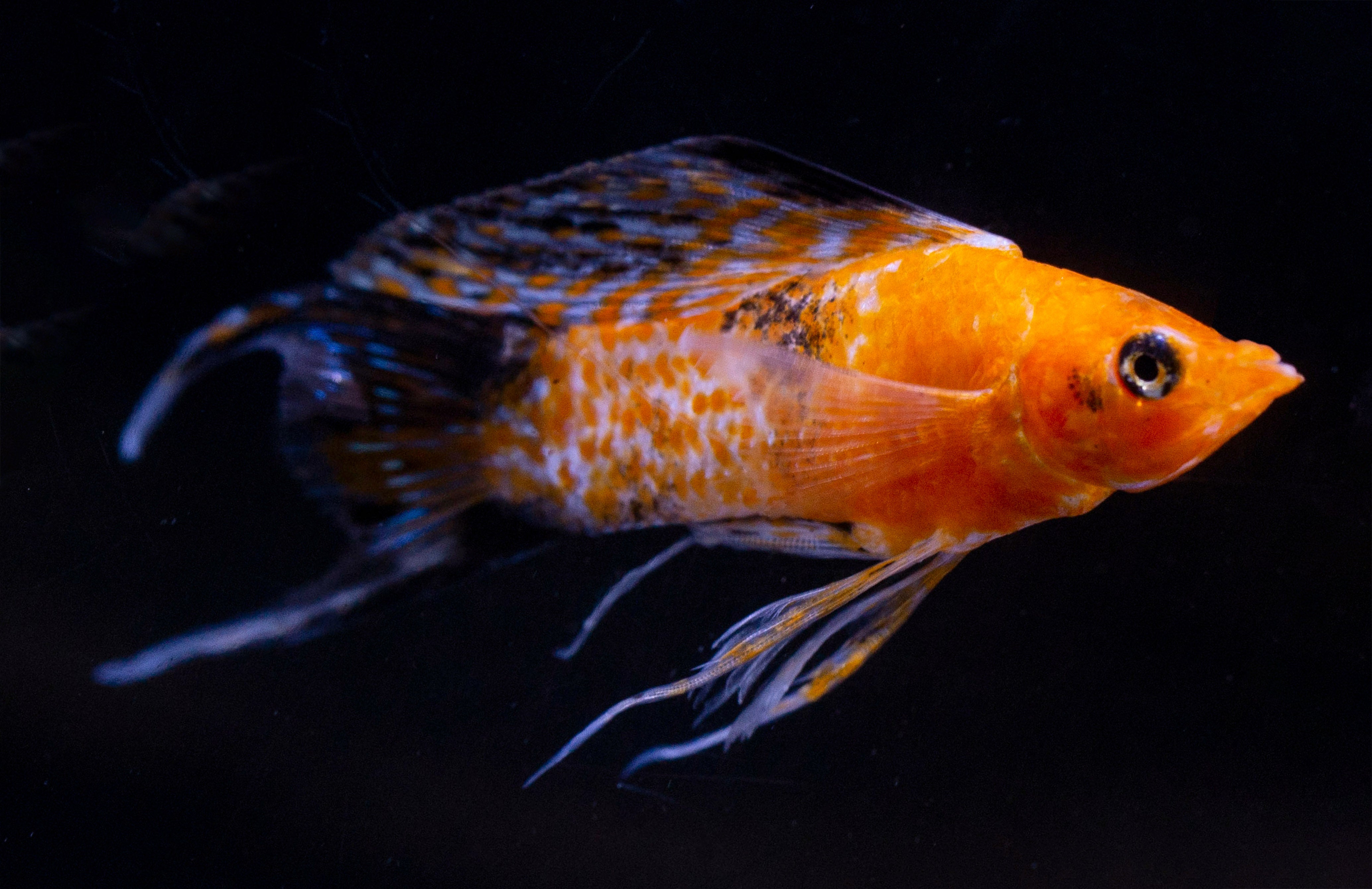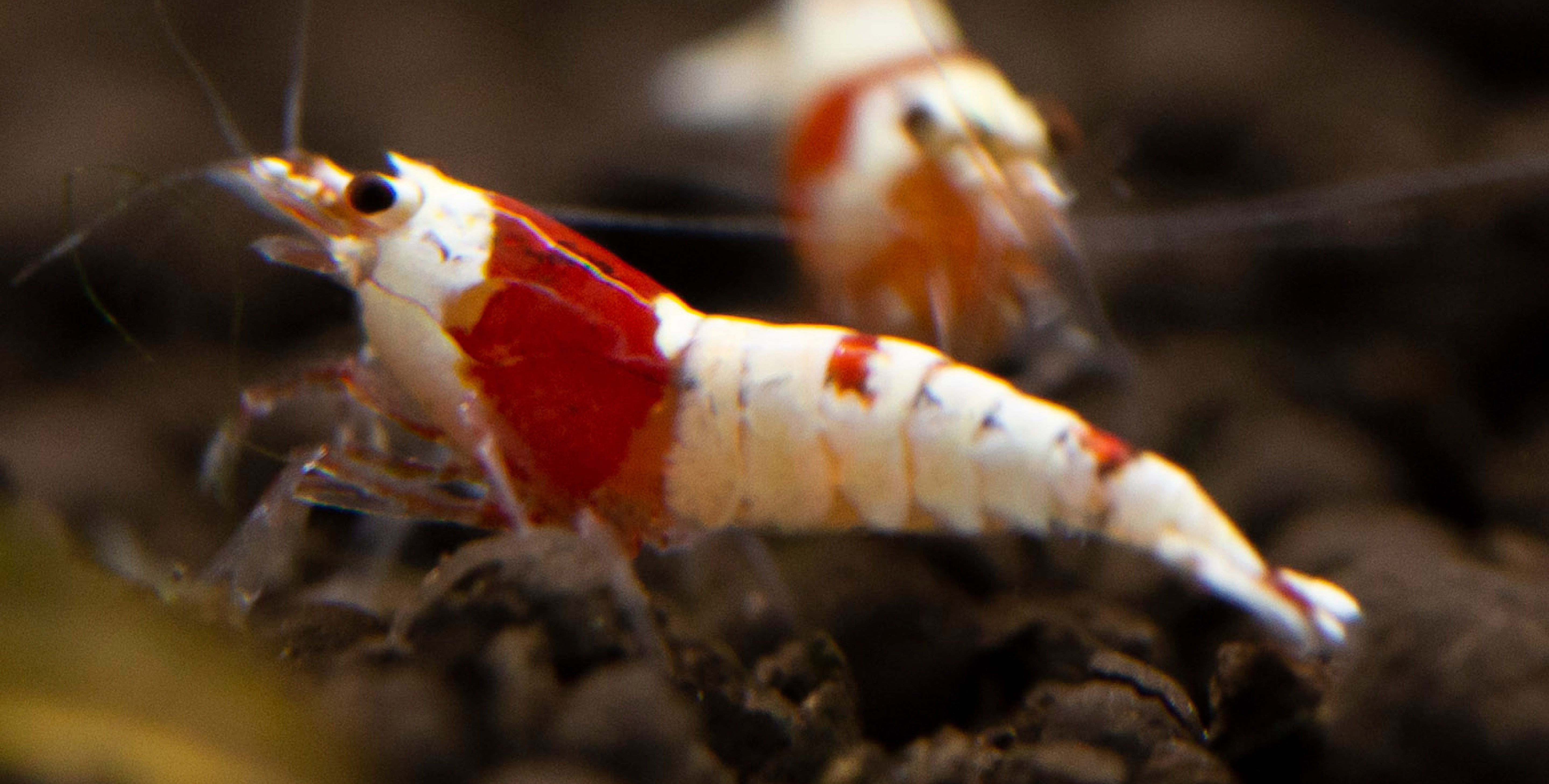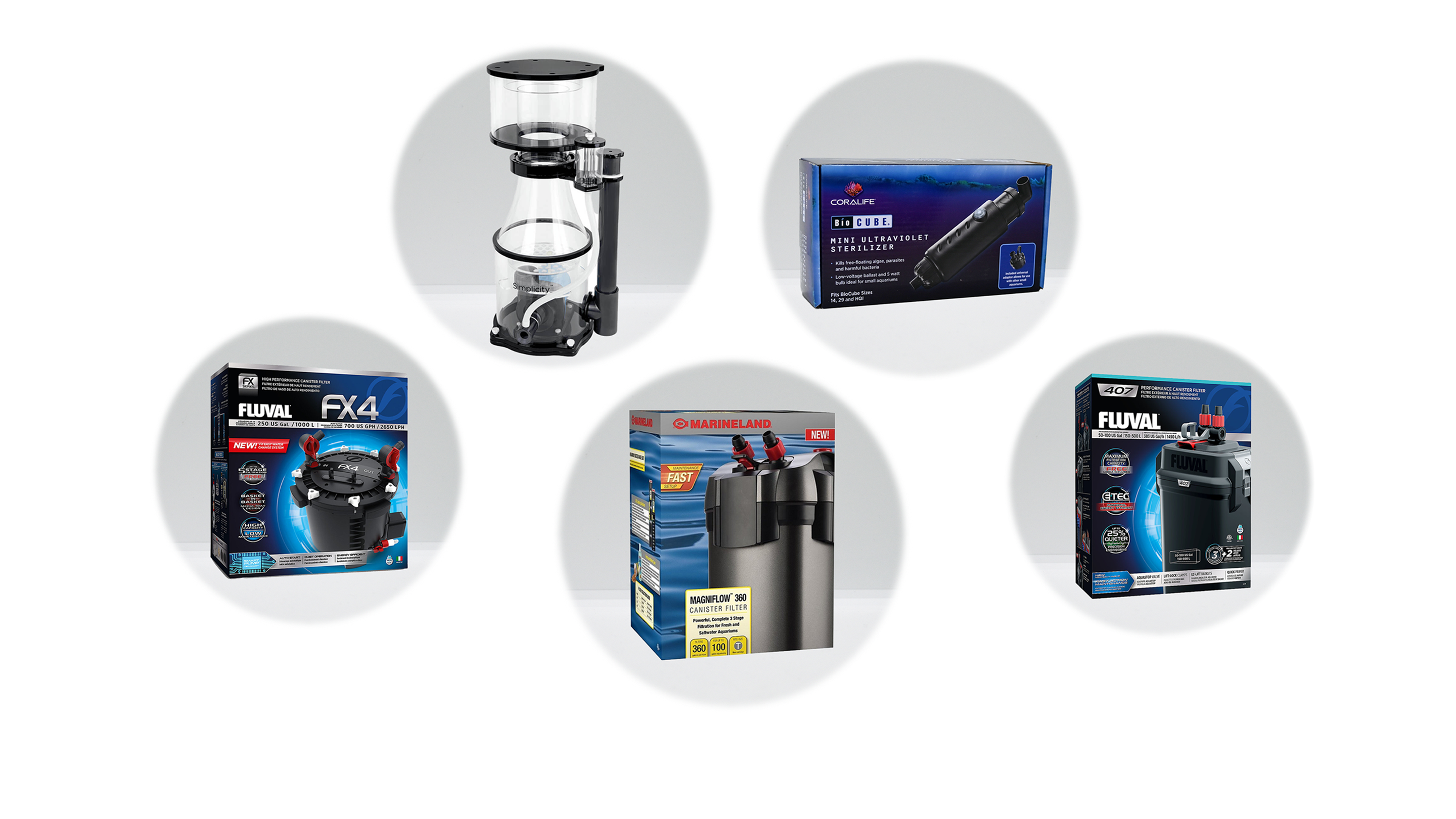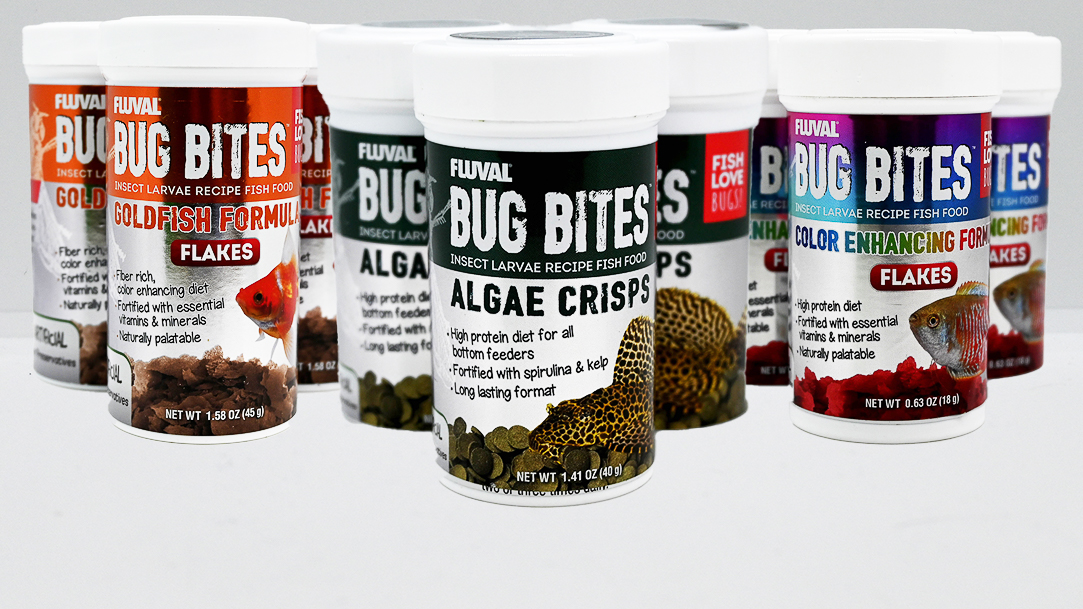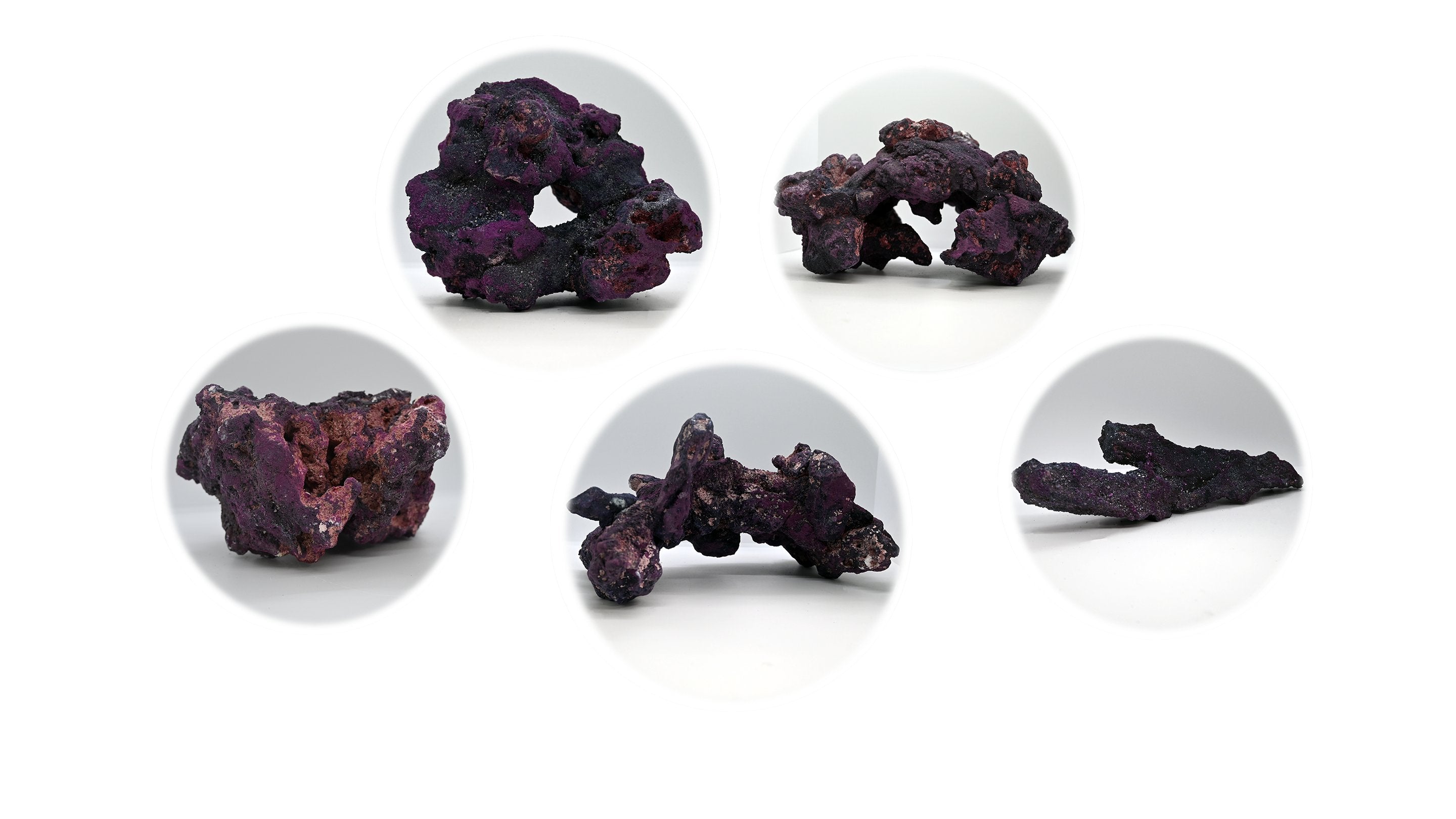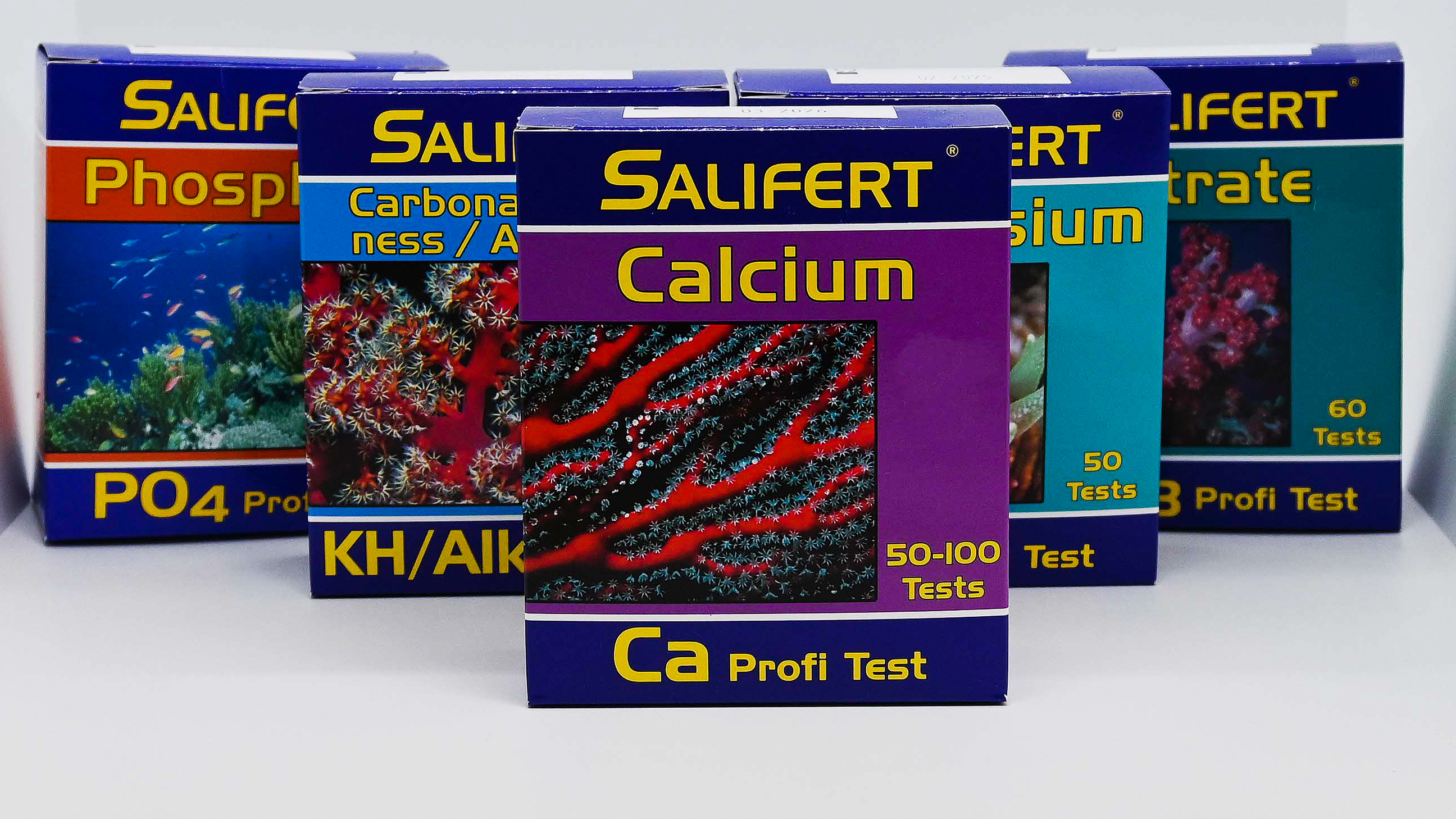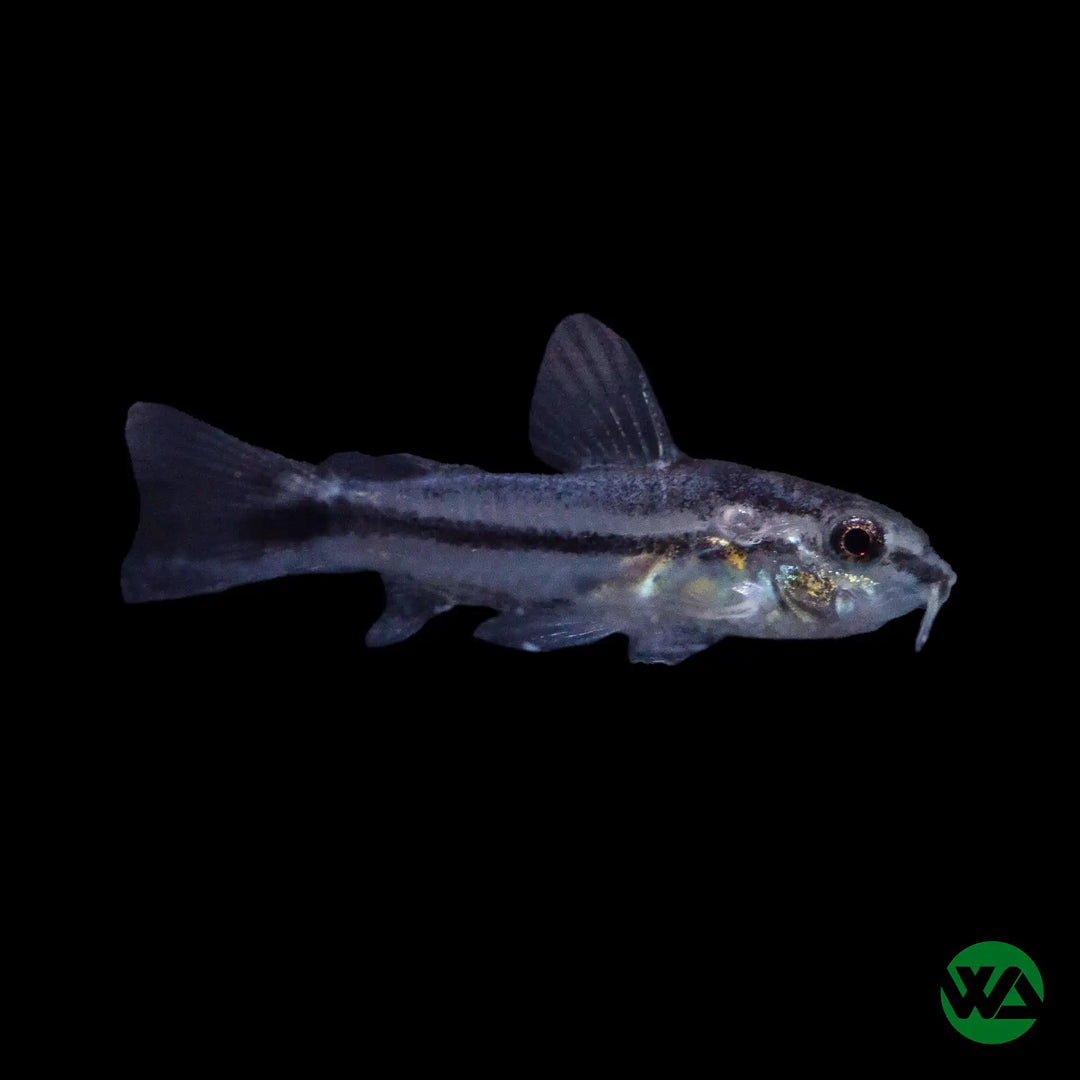
Pygmy Cory - Corydoras pygmaeus
- Low stock - 5 items left
- Backordered, shipping soon
Pygmy Cory (Corydoras pygmaeus)
The Pygmy Cory (Corydoras pygmaeus) is a small, peaceful catfish that is highly popular in the aquarium hobby due to its diminutive size and active, social behavior. This species is ideal for nano aquariums and community tanks, where it can be seen schooling with others of its kind and exploring the tank bottom.
Description:
• Common Name: Pygmy Cory, Pygmy Catfish
• Scientific Name: Corydoras pygmaeus
• Family: Callichthyidae
• Size: Up to 1 inch (2.5 cm)
• Color: Silver body with a distinctive black horizontal stripe running along the side, from the snout to the tail, and a white underbelly
Native Region:
The Pygmy Cory is native to the slow-moving rivers and streams of the Madeira River basin in Brazil. These waters are typically clear with sandy or muddy bottoms and moderate vegetation.
Aquarium Setup:
• Tank Size: Minimum of 10 gallons (38 liters) for a small group
• Water Parameters:
• Temperature: 72-79°F (22-26°C)
• pH: 6.5-7.5
• Hardness: Soft to moderately hard water (2-15 dGH)
• Substrate: Soft sand or fine gravel to protect their delicate barbels; provide plenty of plants, driftwood, and leaf litter for a natural environment
• Diet: Omnivorous; feed a varied diet of high-quality micro-pellets, flakes, and live or frozen foods such as microworms, daphnia, and brine shrimp
Care Level:
• Difficulty: Easy
• Temperament: Peaceful and social; best kept in groups of 6 or more to encourage natural schooling behavior
• Lifespan: 3-5 years
• Breeding: Egg-layer; relatively easy to breed in captivity, often spawning on leaves or glass surfaces
Additional Tips:
• Tank Mates: Ideal for community tanks with other small, peaceful species such as tetras, rasboras, and dwarf shrimp. Avoid keeping with larger, aggressive fish.
• Social Behavior: Pygmy Corys are schooling fish and should always be kept in groups to ensure they feel secure and exhibit their natural behaviors.
• Water Quality: Maintain good water quality with regular water changes, as they are sensitive to poor conditions.


